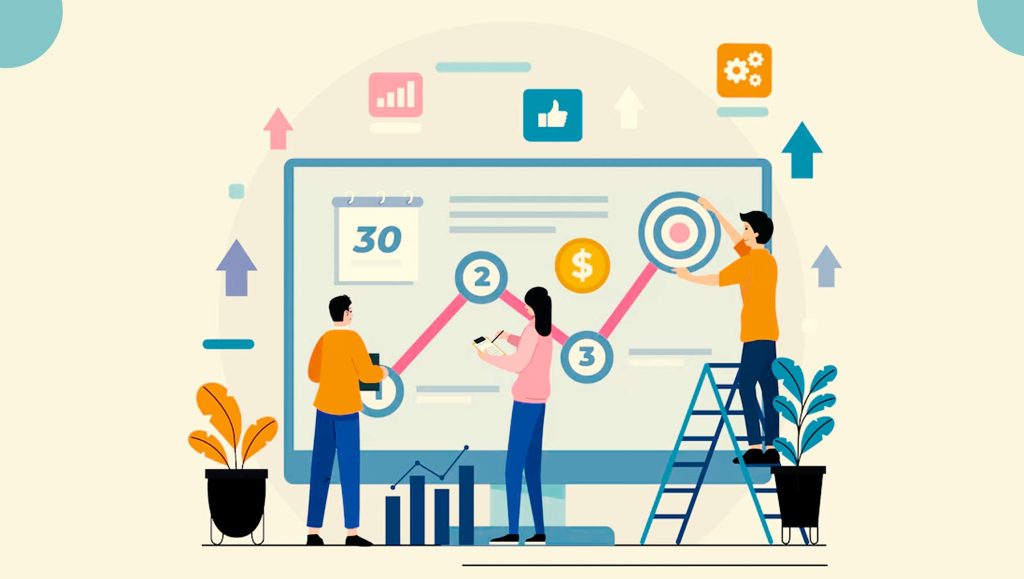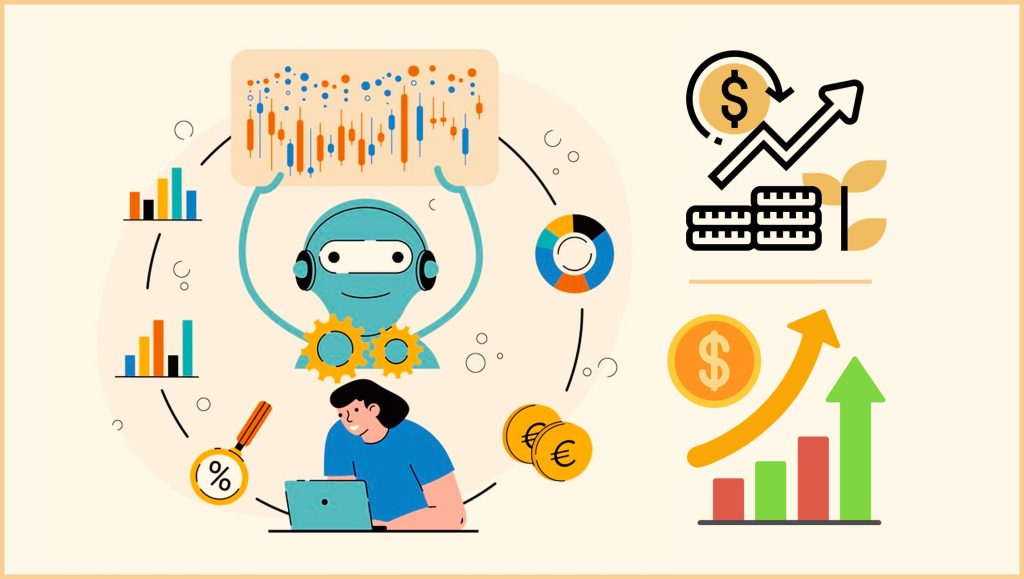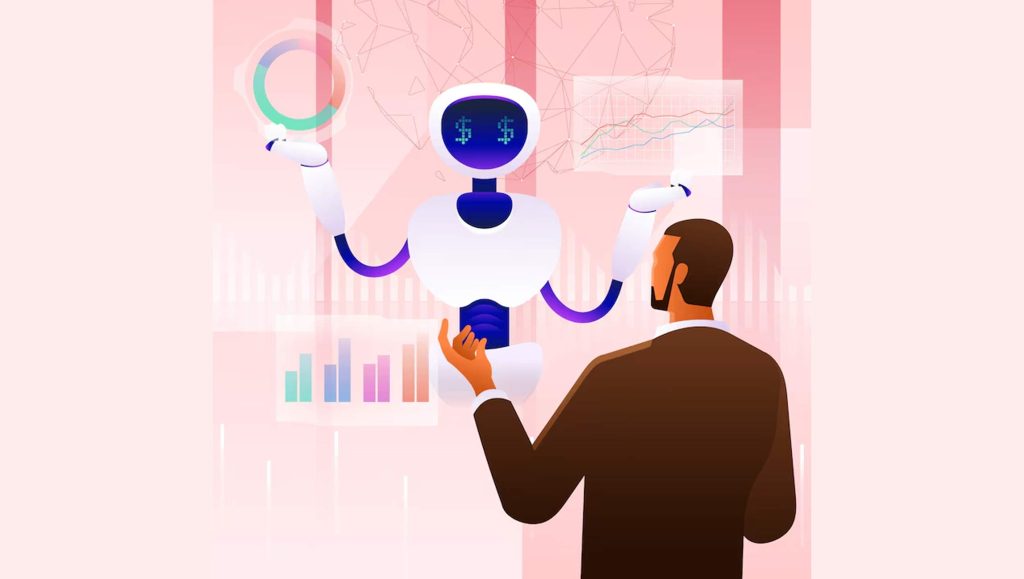W2O, the leading independent provider of analytics-driven, digital-first marketing communications to the healthcare sector, today announced findings from a research study on consumer attitudes toward data privacy, specifically personal health data.
Read More: ServiceNow Named A Leader In The 2020 Gartner Magic Quadrant For IT Risk Management
“Data is essential to driving progress and innovation in healthcare. The COVID-19 pandemic and interventions such as contact tracing and related technology applications have created an urgent need for companies to provide greater clarity around how health data is used”
The study, Consumer Attitudes on Health Care Data Uses and Privacy, was conducted in two waves – before and during the COVID-19 pandemic – to understand the overall perceptions of data privacy, gain insights into consumer awareness about data usage, and better understand consumers’ willingness to share health data.
The findings indicate that before people will be confident in sharing their health data, they need education and information about how their data will be used. Consumers want control over their health data, including a permission-based system to share data, and the ability to opt out at any time. According to the survey, 70% of participants said they believed that health data should either not be shared or shared only with their permission.
Consumers also care most about the altruistic purposes of health data use. Nearly half of those surveyed indicated that they would only want their health data shared if they knew it would be used to improve healthcare outcomes for others. As a result, organizations should clearly outline how they are sharing and using health data, and how it can advance public health.
“Data is essential to driving progress and innovation in healthcare. The COVID-19 pandemic and interventions such as contact tracing and related technology applications have created an urgent need for companies to provide greater clarity around how health data is used,” said Dan Linton, Global Data Privacy Officer for W2O. “Consumers believe that their health data is private information and should be used to advance their health and public health in general. To achieve the advances possible to address COVID-19 and beyond, organizations must proactively consider and respond to these privacy concerns.”
Read More: WiSA Launches The WiSA Wave Marketing Program To Drive Category Sales
The study was conducted as a 20-minute quantitative survey in September 2019 and a 25-minute online quantitative survey in May 2020 with more than 1,000 consumers who broadly represent the overall U.S. population. The findings indicate that consumers’ levels of concern over data privacy have increased since the pandemic began. Respondents in Wave 2 expressed more concern about their ability to keep their health data private compared to Wave 1, with 50% in the second wave extremely concerned versus 46% in the first wave.
Highlights of the survey findings include the following:
- Data privacy, and particularly health data privacy, is crucial to consumer trust – 68% of respondents say that they factor in a company’s reputation for privacy protection when making decisions to engage with the organization.
- Education about the critical need that health data can fulfill is a problem – The study showed that consumers are unclear about who may be collecting their health data or how it is being used. Unaided, 34% of respondents were aware of insurance companies collecting their health data, but only 5% identified health websites and applications.
- Consumers want privacy protection and informed choice – 70% of respondents believe that health data should either not be shared or shared only with their permission.
- Consumers are more likely to share health data for altruistic reasons– 44% indicated that they would only want their health data shared if they knew it would be used to improve healthcare outcomes for others. Only 24% of respondents believe data is collected to develop new therapies and only 29% believe it is being used to improve healthcare outcomes.
- Fewer than 30% of Baby Boomers (ages 55 to 75), a group that might benefit most from COVID-19 interventions, indicated a willingness to download a COVID-19 contact tracing application compared with about 65% of Millennials (ages 25 to 39) and Generation Z (ages 18 to 24). Control, anonymity and the ability to delete data increased the likelihood that consumers surveyed would download the contact tracing app.
“This study is indicative of the need to continually gather the most valuable, data-driven insights to better inform strategies and solutions for improved health outcomes,” said Kevin Johnson, Group President and Managing Partner at W2O. “Understanding consumer attitudes and expectations is essential for organizations and leaders to adequately address such turbulent, transformative periods in the healthcare industry. As the implications of COVID-19 continue to unfold, these insights are more valuable than ever.”
Read More: Clowder Raises $1.1M To Build Private Social Networks For Membership-Based Associations















